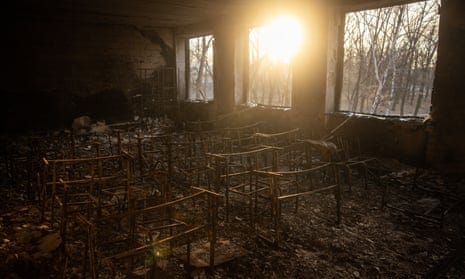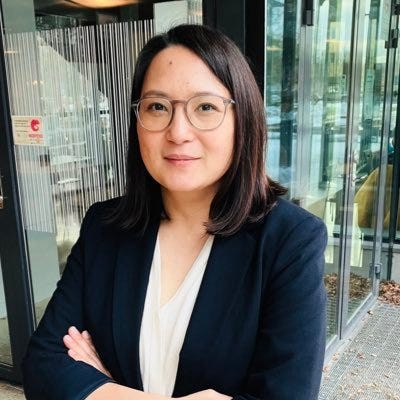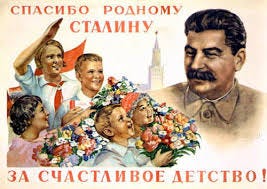Who is Botakoz Kassymbekova…
Dr. Botakoz Kassymbekova is a Lecturer/Assistant Professor in Modern History with a specialization in Soviet history, Stalinism, post-Stalinism and Russian imperial history. She holds a Ph.D. from the Humboldt Universität Berlin. Her current research project investigates the post-Stalinist Soviet Union and analyzes how Soviet citizens (un)processed Stalinism in their later lives.
Her first book “Despite Cultures. Early Soviet Rule in Tajikistan” (Pittsburgh University Press, 2016) traces Soviet imperial strategies in Central Asia. She is a guest editor of the “Stalinism and Central Asia” volume of the Central Asian Survey (2016).
Another book project titled “Imperial Innocence” is a cultural history of Soviet imperialism under contract with the Cambridge University Press in co-authorship with Kimberly St. Julien-Varnon, University of Pennsylvania.
My Note: I have been discovering various academics and researchers focusing on Russian colonisation, and the decolonising process. Western thinking sees ‘Russia’ as a monolith, and Putin and the Russian elite as all powerful. Ukraine’s response to Russia’s war of aggression, and its history, have shown us that they have always had a spirit of independence in all senses, and strove towards that goal politically. Dr Kassymbekova’s thread takes on the issue of how Russians considered Ukrainians. It’s truly worthy of your time and attention.
Botakoz Kassymbekova: How they see us…
Many of us, ex-colonial subjects of the russian empire, had russian friends before the genocide. We didn’t hold grudge for the past. We spoke russian and thought we shared a culture, even if forcefully imposed on us.
For russians, too, went through horrors of stalinism. But during my countless interactions with russians (academics and ordinary people) on the subject, I realized - in addition but also due to colonial differences - we came out from the soviet past with different stories.
Our stories differ: we thought we suffered together, but they think that our suffering was necessary to overcome our “backwardness, ”their suffering was necessary to “civilize” us. This difference is crucial: we were never equal.
We learned to identify with russians and empathize with them, they learned to despise us.
We knew everything russian: culture and ways of life while forced to give up ours. Russians never knew us. Soviet culture fed caricature and racist images of us in the most debased, ridiculed and humiliated version. They never learned to empathize with us.
This genocide cruelly confirmed this again. They couldn’t find the right words and right actions because our stories are too different.
russian intellectuals and opposition figures prioratize fighting for the image of innocence and greatness, not ending these myths.
Russian stories marginalize ours, they don’t represent us, they kill us. During this genocide, listen to what Ukranians have to say. We were not heard and taken seriously because this is what colonialism does: silences you to make it easier to kill you and forget about you.

We never shared a common story with russians and, unfortunately, this war didn’t become a watershed to unite us. We live in different stories. They live in innocence, Ukrainians live through genocide
We don’t know what can humble russians and wake them up to modesty to see others as equals, appreciate others, end colonialism. Russian culture doesn’t provide much place to dignified non-russians. We can’t rely on their awakening, even if we wish them one.






